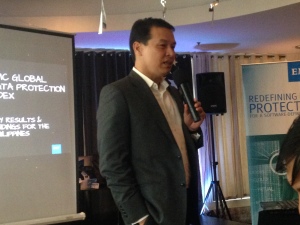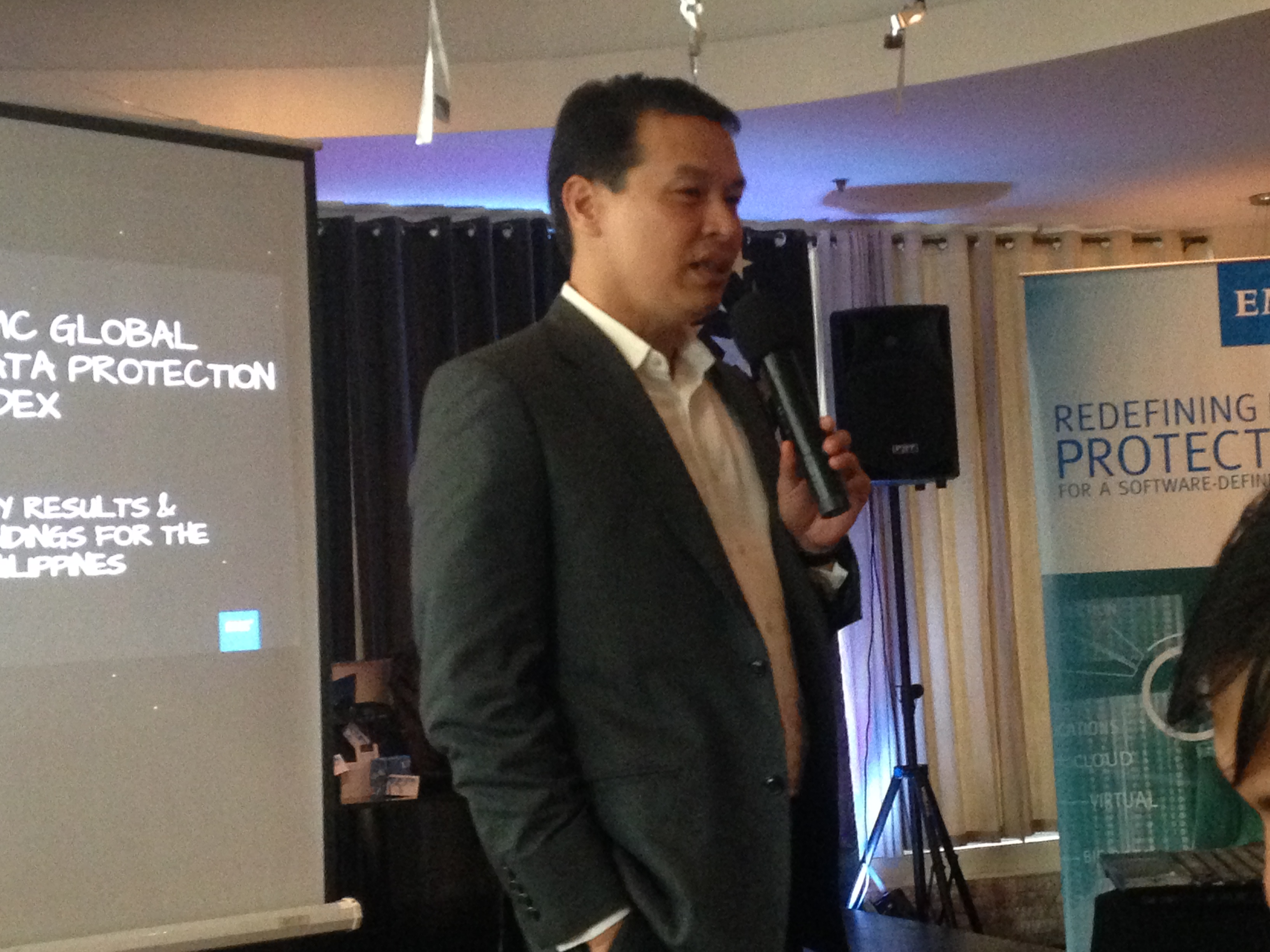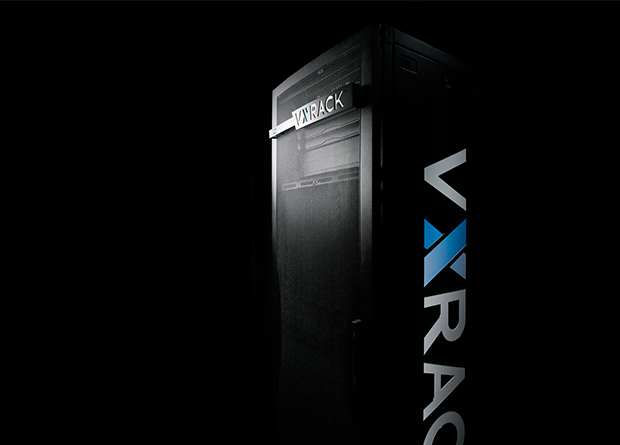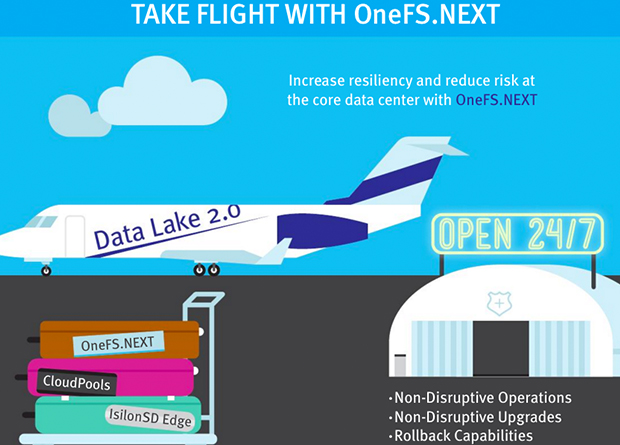Enterprises in the Philippines incurred as much as US$8.9-billion in the past 12 months due to data loss and unplanned system downtime, as they remain unprepared to face the challenges brought about by emerging trends of mobile, big data and cloud.
On the average, the losses were equivalent to more than four working days or 40 hours of unexpected downtime in the last 12 months. The average annual loss per company is 4.09TB of data, which is equivalent to around 41-million e-mails and costs $0.58-million.
A study commissioned by EMC indicates that over 80% of respondent-companies experienced disruption in the last 12 months as majority or 66% lack a disaster recovery plan for any of these emerging environments, saying these are ‘difficult’ to protect. Only six percent have plans for these emerging workloads.

“Many enterprises in the Philippines are still ill-prepared to face the protection challenges that come with emerging data storage technologies.” Ronnie Latinazo, Country Manager at EMC Philippines. PHOTO BY MELBA BERNAD
Named EMC Global Data Protection Index, the survey, carried out by the UK-based marketing research firm Vanson Bourne, was conducted among 3,300 IT decision-makers within organizations employing over 250 personnel from across 24 countries between August and September 2014. The survey aims to look at the readiness of companies in terms of protecting their data. Respondents from the Philippines totaled 125.
These respondents who suffered disruption are classified as evaluators or laggards who are “behind the curve” for data protection maturity. This means that they archive or back up their data on either disk or tape; and belongs to the 66% who are not confident or doubtful in their ability to restore data or system after a disruption. This scenario ranks the Philippines 13th in terms of maturity for data protection.
In contrast, only two percent of Philippine-based organizations are “ahead of the curve” and classified as data protection leaders while nine percent are adopters.
Causes of disruption
According to respondents, the top five major causes of disruption include loss of power, hardware failure, data corruption, loss of backup power, and software failure.
Disruption is likely to occur when data is not backed up continuously. While only 22% of firms backed up the data continuously, a much bigger portion or 37% of organizations do not backed up anything continuously and suffer 75 hours of downtime. Eighty six percent of those “ahead of the curve” backed up some data continuously compared with 57% of laggards.
Respondents list their top five consequences when there is data loss or downtime as follows: loss of employee productivity (50%); loss of revenue (48%); delay in product/service development (46%); loss of customer confidence (30%); and loss of a new business opportunity (26%).
Despite placing 13th in the maturity ranking, 58% of Philippine businesses, however, consider data protection to be totally critical to their organization’s success. In fact, 82% in the IT sector believe data protection as totally critical compared to only 12% who say it is not important.
In the event of data loss incident, backup is used as primary protection strategy, according to 56% of respondents. For 38%, they prefer automatic backup to the cloud. While 38% use tape backup and keep tapes off site (on own premise), 37% also use tape backup but keep tapes on third party premise. Thirty percent say they use disk-based backup and recovery clones/snaps.
Data protection spending
As for data protection spending, the study says that enterprises spent an average of $62-million on IT and $5-million on data protection. On the average, spending on data protection reached 8.09% of the respondents’ annual IT budget while expenses on IT represent 8.19% of the companies’ domestic annual revenue.
To lessen the possibility of disruption, many companies resort to multiple IT vendors in adopting data protection technologies. However, findings say that this practice increases risk of data loss. It was found out that enterprises using three or more vendors to supply data protection solutions lost 32 times as much data as those who unified their data protection strategy around a single vendor. Besides, those with three vendors were likely to spend an average of $1 million more on their data protection platform compared to those with just one.
“As businesses continue to struggle to protect their current workloads, the findings from this global study show that many enterprises in the Philippines are still ill-prepared to face the protection challenges that come with emerging data storage technologies,” said Ronnie Latinazo, Country Manager at EMC Philippines.
To lessen the impact of unplanned downtime and data loss to businesses, companies must be aware of new developments about data protection technologies in order to be prepared to face challenges may arise.
“With data protection technologies evolving in parallel with the challenges that are emerging, businesses in the Philippines will find it easier to protect themselves by staying abreast of these developments and thinking strategically about data protection, in order to better prepare themselves from unplanned and costly incidents that may result in downtime and data loss,” said Latinazo.











































































































